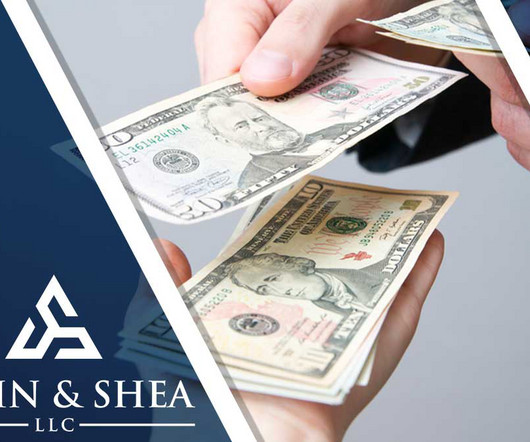10 Common Questions About Bankruptcy
Debt Free Colorado
MARCH 3, 2023
Do Bankruptcies Come in Different Types? There are officially six separate categories of bankruptcy , each designated after a specific section of federal bankruptcy law. However, Chapter 7 and Chapter 13 bankruptcy are the two types of bankruptcy that are most frequently filed.












Let's personalize your content